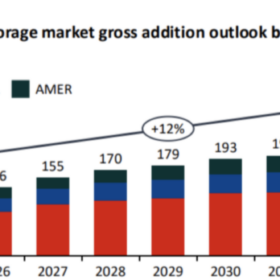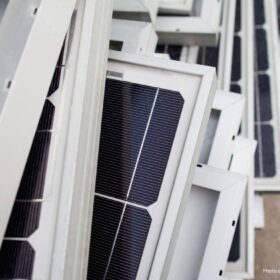At the same time, people are feeling the burden of responsibility, with 72% worldwide agreeing that if ordinary people do not act now to combat climate change, they will be failing future generations.
More than two thirds of people surveyed globally (68%) say that if companies do not act to combat climate change, they are failing their employees and customers, while 65% believe if their government does not combat climate change, then it is failing citizens.
The study, conducted between February and March this year across 30 markets, comes during what is deemed a ‘Super Year’ for international environmental policy, with major deals in process on climate, biodiversity, food, and oceans.
However, despite the high interest and concern about the environment, low public awareness of the plans underway suggests the public could be more effectively included, and engaged, to be part of the solution.
The key findings of the Ipsos study include:
- In Australia, just 29% of adults think the government has a clear plan in place to tackle climate change, while 36% disagree. Belief that government has a clear plan is highest in Saudi Arabia (64%), China (61%) and India (58%) and lowest in the United States (18%) and Japan (16%).
- Markets that have made legally binding commitments to achieve net zero greenhouse gas emissions by a specific date do not have higher levels of public agreement that their government has a clear plan. In Australia, despite not having made a commitment to net zero emissions, agreement is higher (29%) than in other places where commitments have been made, including the UK (28%) and France (24%).
- Two-thirds of Australians (63%) believe that if the government doesn’t act now, it will be failing its citizens. However, 39% believe tackling climate change should not be a priority during the COVID-19 recovery.
- Australians have made attempts during the pandemic to be more sustainable – 30% have been doing more to avoid food waste, while a quarter are expected to travel more on foot or by bike, rather than by car and 38% expect they will buy only what they really need, instead of shopping for fun.
- Two thirds (66%) of Australians surveyed agreed with the statement: “I understand what action I need to take to play my part in tackling climate change” – just below the global average of 69%.
When asked what changes they were likely to make in order to combat climate change over the next year, avoiding excess packaging was still the most popular change globally, with 59% expecting to make this change over the coming year. Australia sits close to the global average.
All nations included in the Ipsos research have signed the Paris Agreement, and almost all have submitted and published initial Nationally Determined Contributions (NDCs) or plans to tackle climate change.
Ipsos Australia Public Affairs Director, Stuart Clark said: “More than a third of Australians feel the government doesn’t have a clear plan to tackle climate change, which is slightly above the global average. These results show that there’s a need globally for more focus about what governments are doing to co-ordinate climate change action. Even with all the competing economic and health priorities that the COVID-19 pandemic has brought, the public still has a very strong sense that urgent action on climate is necessary, so it’s imperative that our governments set a clear path and communicate it well.”






By submitting this form you agree to pv magazine using your data for the purposes of publishing your comment.
Your personal data will only be disclosed or otherwise transmitted to third parties for the purposes of spam filtering or if this is necessary for technical maintenance of the website. Any other transfer to third parties will not take place unless this is justified on the basis of applicable data protection regulations or if pv magazine is legally obliged to do so.
You may revoke this consent at any time with effect for the future, in which case your personal data will be deleted immediately. Otherwise, your data will be deleted if pv magazine has processed your request or the purpose of data storage is fulfilled.
Further information on data privacy can be found in our Data Protection Policy.